.webp)
Many Muslims have contributed to India’s evolution in the fields of education, social service, and intellectual leadership. Here is the list of the top 10 Muslims who have contributed to the fields of education and social movements in India:
Khaliq Ahmad Nizami
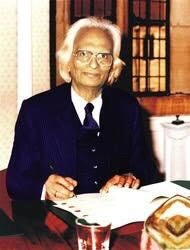
Khaliq Ahmad Nizami was an Indian historian, religious scholar, and diplomat. He was born in Amroha, Uttar Pradesh. He served as professor in the History Department and, the Vice Chancellor (President) of the of Aligarh Muslim University (AMU) in 1974. He also served as India's Ambassador to Syria from 1975 to 1977.
Nizami authored books on medieval Indian history, especially the Delhi Sultanate and Sufism. His major works are: On History and Historians of Medieval India, Royalty in Medieval India, The Life & Times of Shaikh Nizam-u'd-din Auliya, The Life and Times of Shaikh Farid-ud-din Ganj-i-Shakar, Some Aspects of Religion and Politics in India During the 13th Century, and Medieval India: A Miscellany.
His research work includes the publication of Shah Waliullah's political correspondence, which highlighted his contribution to Indian Muslim history.
The 'K.A. Nizami Centre for Quranic Studies' stands as a tribute to his scholarship on the campus of the Aligarh Muslim University.
Prof. Syed Ainul Hasan
Prof. Syed Ainul Hasan is a polyglot, literary figure, and administrator. He serves as the Vice Chancellor of Maulana Azad National Urdu University (MANUU), where he emphasises digital education, academic innovation, and inclusive teaching.
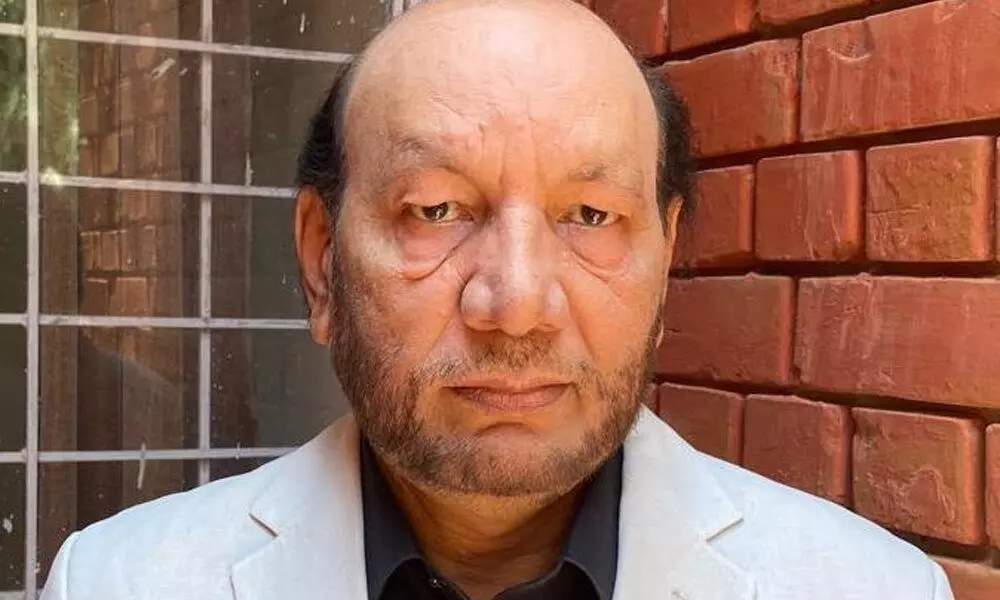 Prof. Syed Ainul Hasan
Prof. Syed Ainul Hasan
He has done notable research on Persian literature, Indo-Iran cultural relations, and historical studies as a Professor in the Department of Persian and Central Asian Studies at JNU. His books and translation works have enriched Urdu, Hindi, and Persian literature. In January 2025, the Government of India awarded him the Padma Shri, a national honour for his decades of academic pursuits and linguistic dedication.
Dr. Zaheer I. Kazi
Dr. Zaheer I. Kazi is the President of Anjuman-e-Islam, an educational organisation that runs over 90 institutions across the country. Dr. Kazi made education a tool for social justice and community empowerment. He made scholarships, vocational training, and quality education accessible to underprivileged communities.
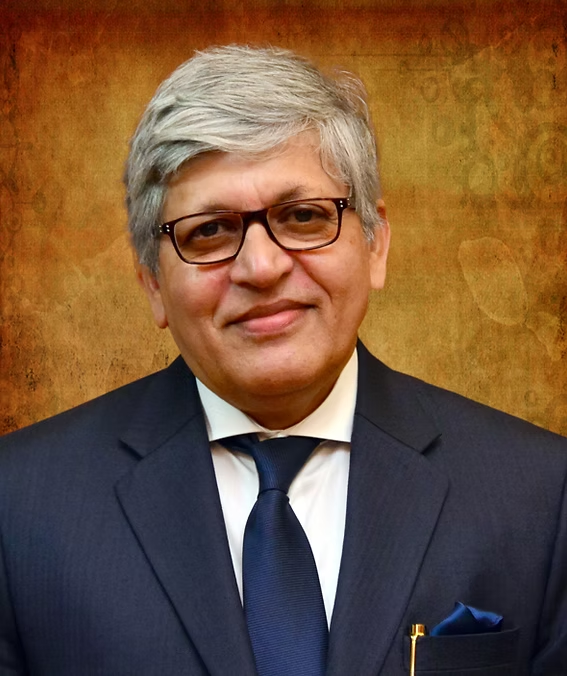
Dr. Zaheer I. Kazi
Under his vision, Anjuman-e-Islam gave special impetus to girls’ education and introduced employment-oriented courses. In April 2024, he was awarded the Padma Shri – a testament to the revolutionary changes in education under his leadership.
Maulana Dr. Kalbe Sadiq
Maulana Dr. Kalbe Sadiq was an Islamic scholar who combined religion with social reform and education. Through the Tauheedul Muslimeen Trust, he established educational institutions and aid centers to support the underprivileged students.
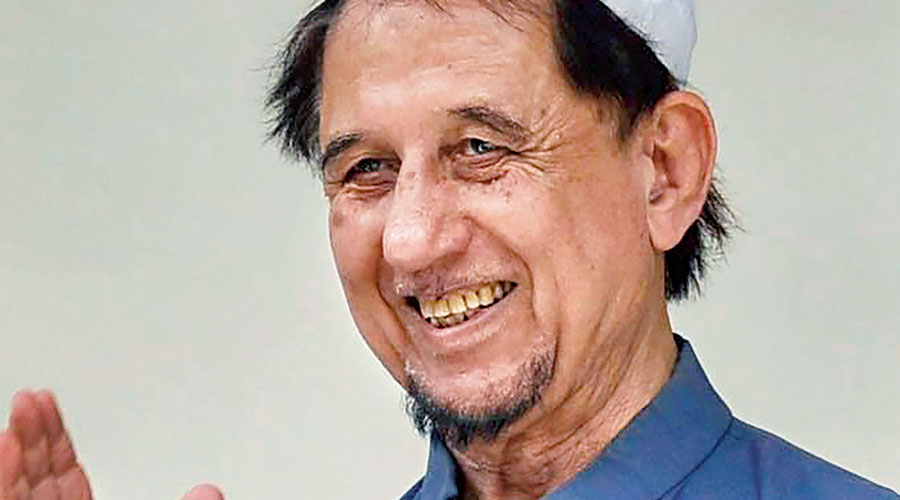 Maulana Dr. Kalbe Sadiq
Maulana Dr. Kalbe Sadiq
He gave priority to the education of girls, especially in the Muslim community, and promoted liberal, scientific thinking against religious fanaticism. His ideas had a unique balance of tradition and modernity. For his contributions, the Government of India awarded him the Padma Bhushan posthumously in January 2021.
Syed Hamid
Syed Hamid (March 1920-December 2014) was a renowned educational reformer, administrator, and social worker of the Indian Muslim community. He is best known for his role as the former Vice Chancellor of Aligarh Muslim University (AMU), civil servant, and member of the Sachar Committee.
Syed Hamid was born in Faizabad, Uttar Pradesh. He was selected in the Uttar Pradesh Civil Service and later joined the Indian Administrative Service (IAS) in 1949.
.jpg)
Syed Hamid, ex-VC of AMU
In 1980, he became the Vice Chancellor of AMU and introduced discipline and academic reforms in the university. He introduced the tenure system for department heads and strengthened the university administration. In 1992, he started the 'All India Talimi Caravan', which aimed to spread awareness about education among Indian Muslims.
In 1993, he founded Hamdard Public School in Delhi. Six years later, he became the Chancellor of Hamdard University. He played an important role in getting this university the status of 'Deemed University'.
Syed Hamid received the Sanskriti Award, Urdu Academy Award, Hindi Academy Award, and National Fellowship of the Ministry of Culture. The Senior Secondary School of AMU was named 'Syed Hamid Senior Secondary School' and the central library of Maulana Azad National Urdu University, Hyderabad, was named 'Syed Hamid Central Library'.
Prof. Mushirul Hasan
Padma Shri Prof. Mushirul Hasan, as Vice-Chancellor of the Jamia Millia Islamia lifted the institution to India's leading universities. Jamia underwent a grand transformation during his tenure - a beautiful campus, well-equipped buildings, and an inspiring academic environment were the result of his vision.
Prof. Mushirul Hasan
Prof. Hasan was also active in social and political discussions. E aired his views on political and social issues on TV channels like NDTV and BBC. He went to Europe for higher studies and on return joined Jamia. His health deteriorated after a serious road accident in 2014, but he struggled to live. His death is an irreparable loss to Indian education. He was truly a walking institution.
Dr. Naima Khatoon
Professor Naima Khatoon, as the first woman Vice Chancellor in the 123 years of Aligarh Muslim University (AMU), is an example. The Ministry of Education announced her appointment after the approval of President Draupadi Murmu, making AMU one of the few central universities in the country where women have established their dominance in this highest post.
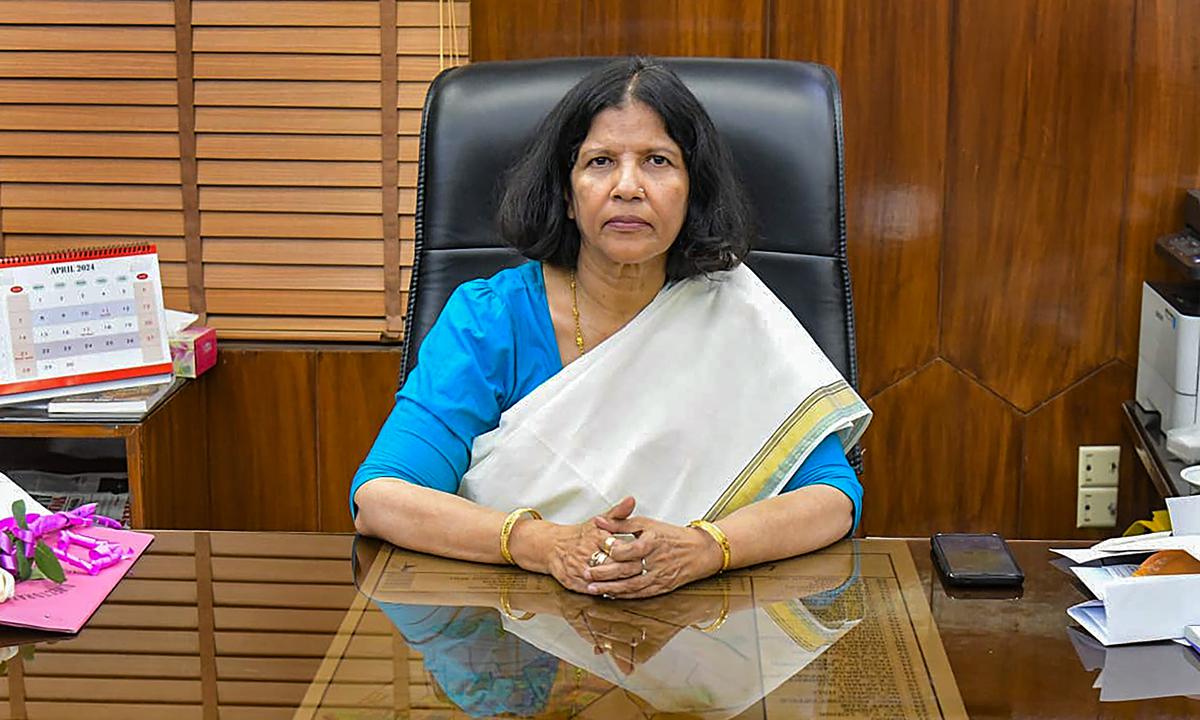 Prof. Naima Khatoon
Prof. Naima Khatoon
Prof. Naima Khatoon started her academic journey as a lecturer in the Department of Psychology of AMU in August 1988. With her hard work and dedication, she rose to the ranks of Associate Professor, Professor, and Head of the Department. In July 2014, she was also appointed Principal of Women's College.
She also has extensive administrative experience, having held the positions of Deputy Director of Residential Coaching Academy, Deputy Proctor, and Provost. She also taught at the National University of Rwanda for a year.
Prof. Khatoon has a PhD in political psychology and has presented her research in prestigious universities in many countries of the world. She is the author of six books and many national and international research papers. Her achievement has given new inspiration to women not only in AMU but in the entire academic world.
Professor Najma Akhtar
Najma Akhtar served as the first woman Vice Chancellor of Jamia Millia Islamia (JMI) (12 April 2019 to 12 November 2023). She started the ongoing process of establishing a medical college in Jamia.
She did her PhD in Education from Kurukshetra University and later studied university administration under a Commonwealth Fellowship at the University of Warwick, UK, and trained at the International Educational Institute of Paris.
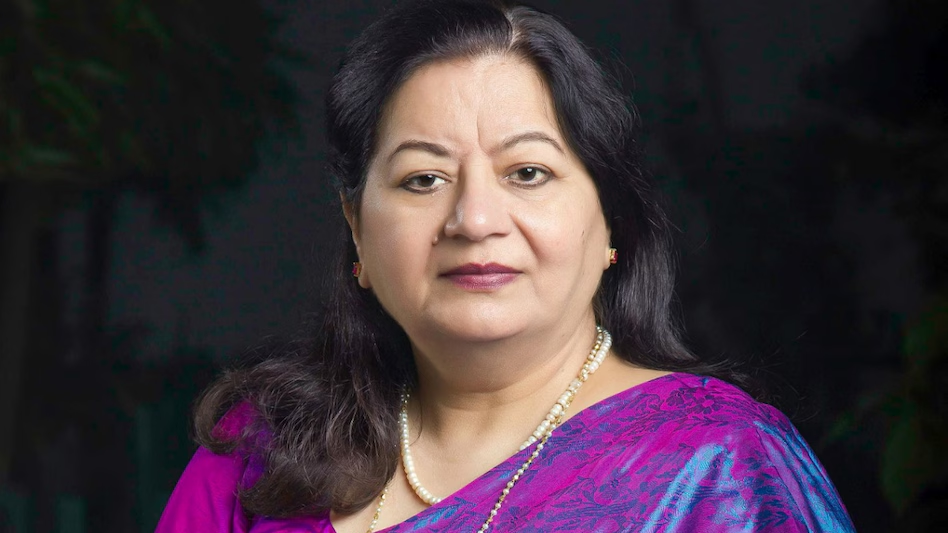
Prof Najma Akhtar
Akhtar worked for 15 years at the National Institute of Educational Planning and Administration (NUEPA), where she conducted courses for senior officials from 130 countries. She also worked as a consultant to UNESCO, UNICEF, and DANIDA.
Najma Akhtar was awarded the Padma Shri Award in 2022 for her leadership abilities. In 2023, she was also appointed the honorary "Colonel Commandant" of Jamia.
Irfan Habib
Irfan Habib (born 1931) is an eminent historian who did extensive research on the medieval history and agricultural system of India. His famous book "The Agrarian System of Mughal India" is a seminal work of historical study.
Historian Irfan Habib
He served as a professor at AMU for a long time. He edited important series like "People's History of India" and played a key role in interpreting Indian history from a Marxist perspective.
Obaid Siddiqui
Obaid Siddiqi was the Founder-Director of theTata Institute of Fundamental research (TIRF) National Center for Biological research. He made seminal contributions to the field of behavioural neurogenetics.
He did his PhD from the University of Glasgow. In his post-doctoral research, he discovered mutations in the alkaline phosphatase gene of E. coli bacterium, which later became the foundation of the theory of the "stop" codon.

Obaid Siddiqui
In 1962, at the invitation of Homi jahangir Bhabha, Siddiqui established the Molecular Biology Unit at the Tata Institute of Fundamental Research (TIFR), Mumbai. In the 1970s, together with Seymour Benzer at Caltech, he discovered temperature-sensitive paralytic mutants of the fruit fly (Drosophila melanogaster), making important contributions to the understanding of nerve transmission and synaptic transmission.
In the 1990s, he co-founded the National Centre for Biological Sciences (NCBS) in Bengaluru and became its first director. The institute today stands as a centre of excellence for biological sciences in India.
ALSO READ: 10 top Muslim IPS officers of India epitomize integrity, dedication
Ubaid Siddiqui received the Padma Bhushan (1984) and Padma Vibhushan (2006) for his contributions. He was also a Fellow of the Royal Society, London. His scientific vision and contribution to institution building shaped the landscape of Indian biological sciences.
